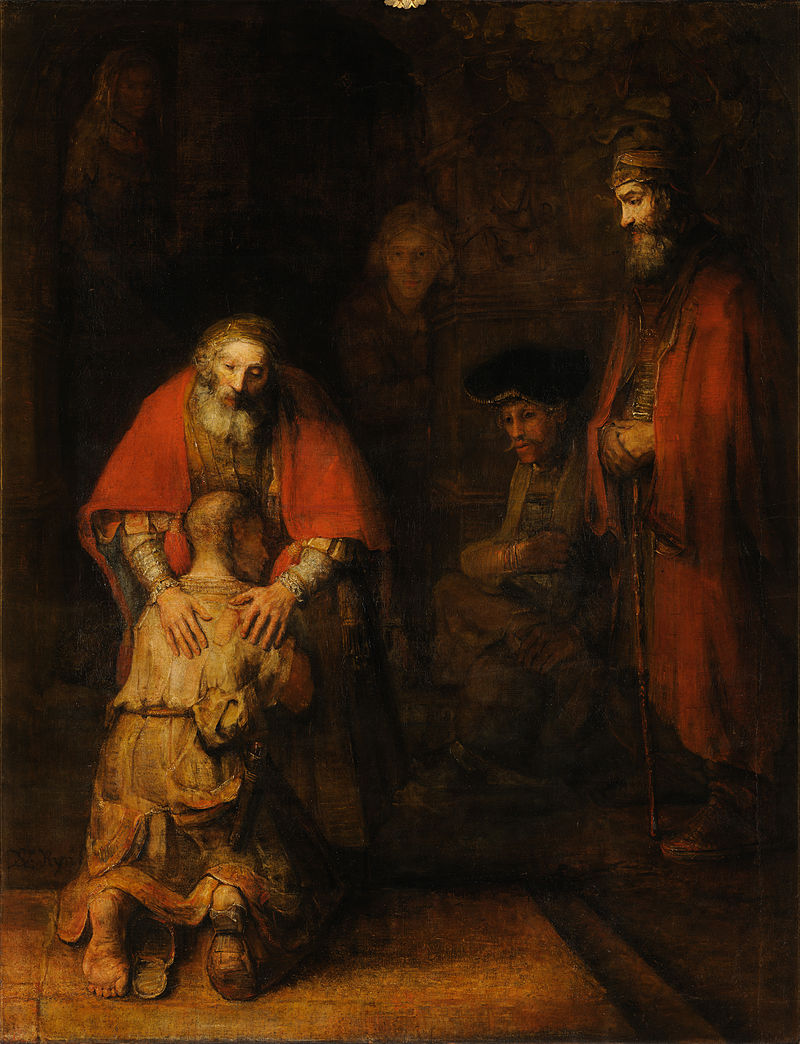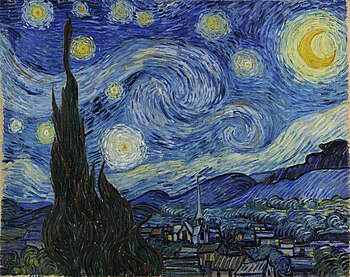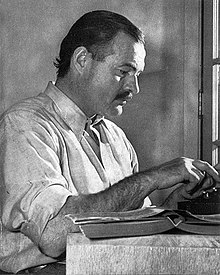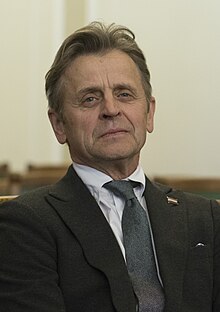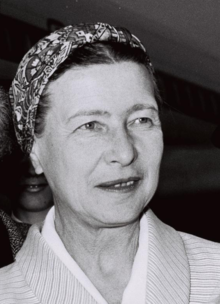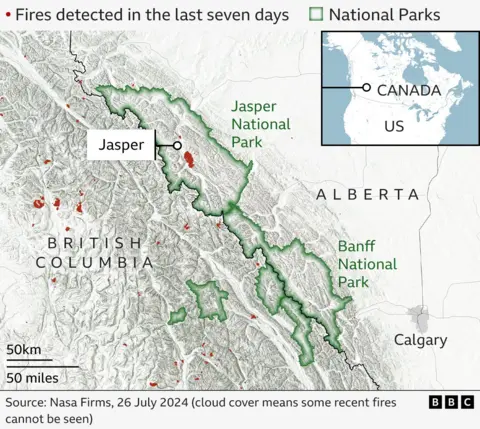
A few days ago I wrote about the wildfires that threatened to consume the little town of Jasper in the heart of the Canadian Rockies. Since that time, tragically, wildfires did indeed move through and envelop Jasper, consuming, by some estimates, up to half of its buildings and rendering what many Canadians considered the crown jewel of their country a place of blackened desolation and abject ruin.
It's unbearably heartbreaking. And it's difficult to find words to say. How does one comfort the forest? The people who have lost their homes? The tourist industry facing immense loss?
I don't know, really, I just don't know. Jasper is a special place to me, the place where, fifty years ago, I found Jesus. But now it's a place of immolation. Is God good? He is. Are we good? We are. Is the earth good? It is.
It's a purposeful world, it's a purposeful cosmos: meaning remains.
Thanks be to God.
By the way, I'll be traveling for two or three weeks. Talk to you when I return. Thanks for reading!
